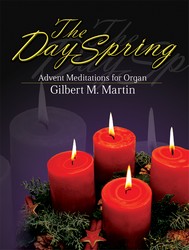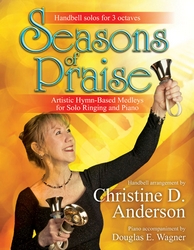An American Christmas Harp #24
Display Title: Hiding Place First Line: The Lord is come, the heav'ns proclaim his birth Tune Title: HIDING PLACE Meter: L.M. Date: 2009 Source: Aiken's Christian Minstrel, 1846
An American Christmas Harp #24


 My Starred Hymns
My Starred Hymns







